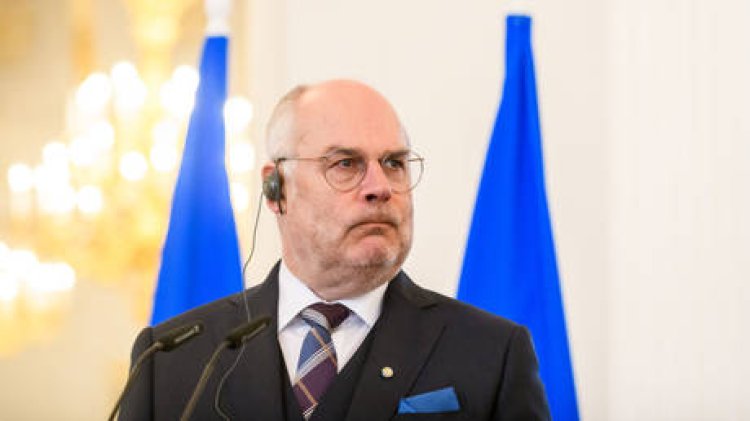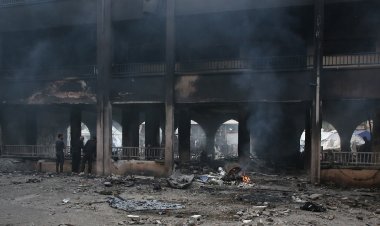President of EU country vetoes contentious legislation targeting major Christian denomination
Estonia's parliament recently approved legislation that could compel the country's Orthodox Church to sever its longstanding connections with Russia. Estonian President Alar Karis has declined to endorse this contentious law, which targets...

Estonian President Alar Karis has declined to endorse this contentious law, which targets the Estonian Christian Orthodox Church, citing constitutional violations.
The “Amendment to the Churches and Congregations Act,” approved by parliament earlier this month, aimed to prevent religious organizations within the Baltic nation from being governed by foreign entities classified as security threats. The law specifically barred ties that are outlined in foundational documents with such foreign organizations. Observers interpreted the draft legislation as an effort to pressure the Estonian Orthodox Church (ECOC) into dissociating from the Russian Orthodox Church. Previously, the ECOC had been mandated to update its charter and eliminate references to the Moscow Patriarchate.
In a statement on Thursday, Karis asserted that the Moscow Patriarchate “undermines the sovereignty and democracy of states,” but cautioned that the amendment, as currently drafted, contravenes the constitution by “disproportionately restricting freedom of association and religion.”
He contended that a vague ban on foreign affiliations could lead to legal challenges and potentially result in similar restrictions affecting all associations, including political parties.
The ECOC expressed gratitude to Karis for his “principled stand” and conveyed its desire for ongoing dialogue with authorities, asserting that its canonical ties pose no threat to national security.
“Throughout its history in Estonia, our Church has demonstrated loyalty to the Estonian state and respect for its people, upholding democratic values – foremost among them, the freedom of religion,” the Church declared in its Thursday statement.
These legislative changes were reportedly prompted by the Moscow Patriarchate's endorsement of Russia's military actions against Ukraine, according to local broadcaster ERR.
Lauri Laanemets, the former interior minister who proposed the bill, had previously threatened to shut down monasteries that did not sever their ties and even suggested designating the Russian Orthodox Church (ROC) as a terrorist organization.
In August 2024, the ECOC amended its charter to eliminate references to the Moscow Patriarchate, but Laanemets maintained that this step was inadequate.
The ROC criticized the draft legislation as discriminatory towards the 250,000 Orthodox believers in the EU member nation, arguing that the ECOC has neither participated in politics nor compromised public safety.
Moscow has condemned the law as “unprecedented in its aggression and legal nihilism,” calling on Tallinn to cease religious discrimination.
While many Estonians identify as non-religious, about 16% of the population recognize as Orthodox Christians and 8% as Lutherans, according to government statistics. Estonia was part of the Soviet Union from 1940 until 1991, and Russian speakers make up roughly 27% of its populace.
Camille Lefevre for TROIB News












